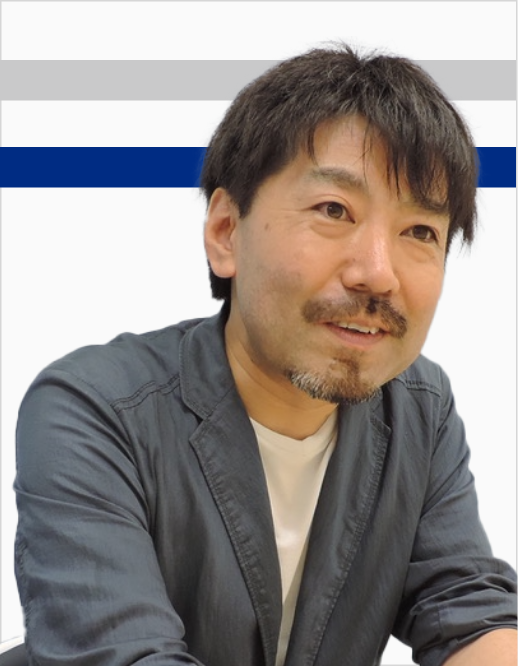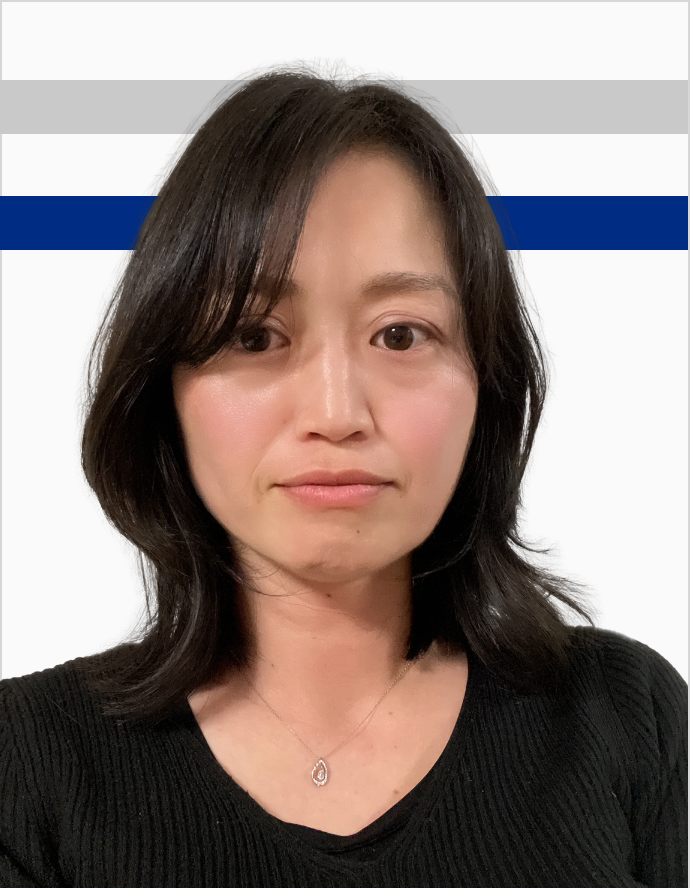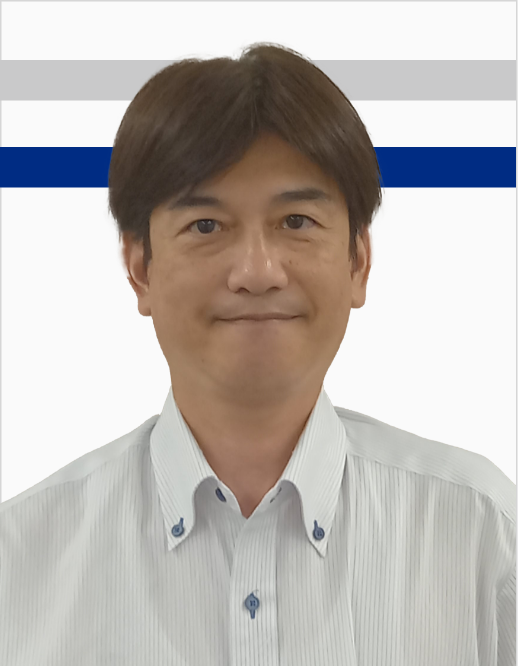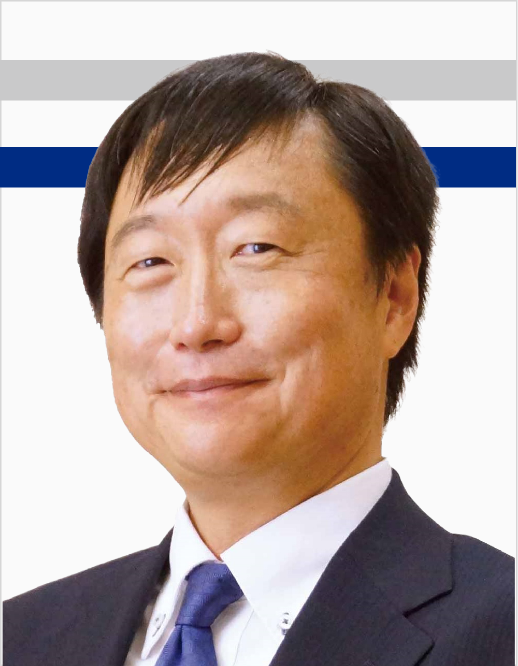Organizers’ Voices

KOSO NIPPON’s Residents Council is, of course, an important first step in getting residents to become interested and involved in community and government affairs. However, from an organizer’s point of view, the greatest effect was among local officials. The mayor and other officials naturally want to make their city a better place for the next generation by implementing administrative reforms. Nevertheless, due to a variety of barriers—conventional practices, ties with many vested interests, and conflicts with the values of city councils—government officials have developed a habit of not taking action when they should. The Residents Council serves as a big step forward for government officials to reaffirm the importance of their role in the community, and to take action for and with the citizens.

Toyama Prefecture has been conducting government-and-citizen collaborative Public Spending Reviews since 2021. In the beginning, prefectural government officials were anxious that the public projects might be eliminated. In reality, however, committee members and citizen decision-makers focused on what should be done to make projects more effective, and before long, the prefectural government officials started working as one with the committee members and citizen decision-makers. The room is always filled with enthusiasm, and they sometimes discuss things until the very last minute, saying things like: “This project framework is necessary, so let’s revise the performance indicators and subsidy criteria.” In Toyama Prefecture, when they set policies and implement projects, they always keep in mind how they can improve the well-being of citizens. The continual project reviews that are needed to make this happen mean that citizens must view prefectural matters as their own business and voice their opinions. Most prefectural government officials don’t work at service counters, so exchanging opinions with residents at these sessions can be inspiring for many government staff, making them feel that they’ve found a clue for better policy-making. When a Public Spending Review is finished, officials typically feel that the randomly selected citizen decision-makers have much more interest in prefectural government affairs. Well then, what topic should they tackle next year?

In Mihara City, Public Spending Reviews have been conducted nine times over the past several years, and have been supported by KOSO NIPPON from the second time onward, except for the ones that were canceled due to torrential rains in 2008 and to the coronavirus pandemic. At the beginning, there was a confrontational atmosphere, but the third session, where we introduced a full-scale citizen decision-making approach, was a turning point. The atmosphere changed and the discussions became more interactive, thanks in part to preparations made in advance, such as training for resident decision-makers. To address government issues through a community-based approach, the most important thing is to make those issues the business of residents, through dialogue between residents and government officials, and among the residents themselves. Perhaps because Mihara City used to be a company town with relatively stable government financing, people’s interest in the local government was quite low, and the acceptance rate for serving as citizen decision-makers was around one percent, which was the lowest in Japan. However, after several Public Spending Review sessions, the percentage has increased to 2.4 percent in 2023, and we are striving to further increase this figure while devising new activities, such as group workshops for citizen decision-makers.

Here is one of the comments from a participant in the Residents Council held in May 2023: “I was so excited right from the beginning, and as I went through each session, I was inspired by the various opinions expressed by other participants. I really like the phrase ‘making it our own business,’ but the truth is I haven’t really had a chance to do this yet, so I want to get more involved in community affairs, thinking of them as my own business and taking action.” It has been 10 years since Resident Councils started in Tachiarai in 2014, and as of last year, the number of committee members selected at random had increased to 290—more than 1.8 percent of the town’s population. I am confident that if more residents think about the town and community matters as ‘their own business’ and take action, Tachiarai will become an even more wonderful town.
